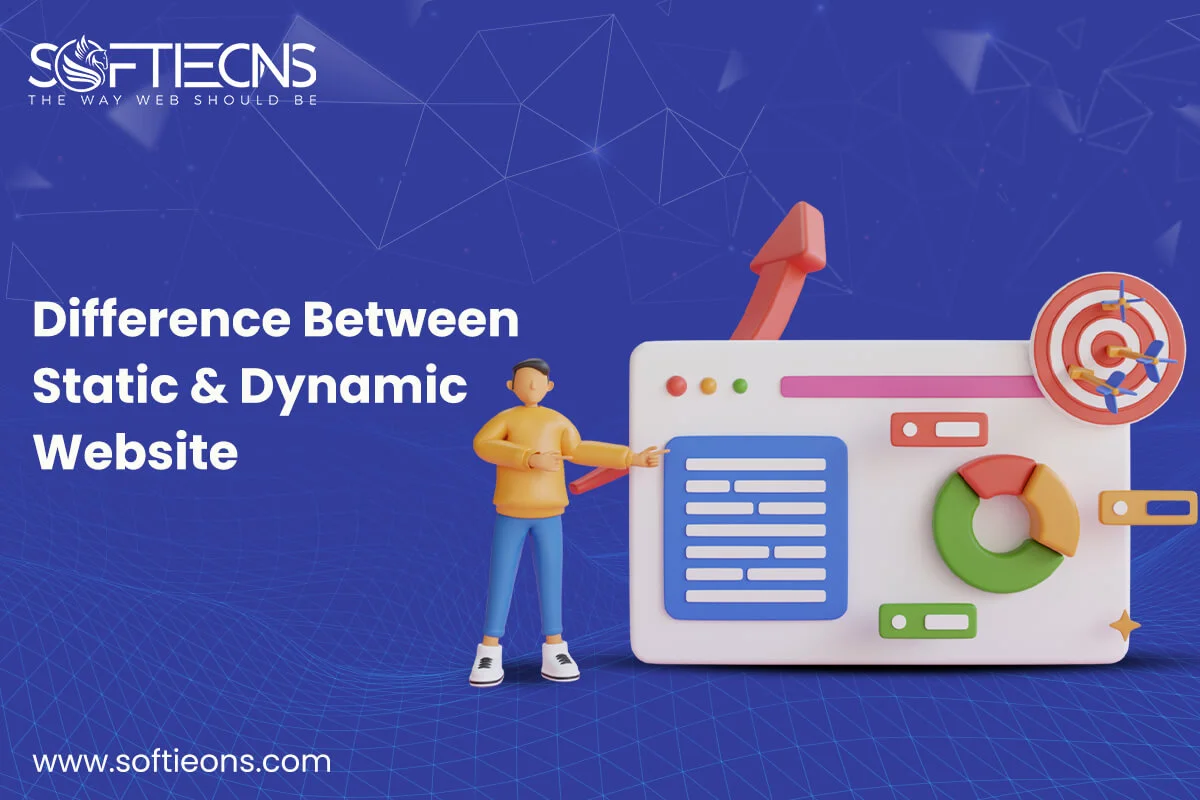Why RPA is important for your business transformation?
Sat, 10 Apr 2021
Companies have always been the first to harness technological advances to improve their efficiency and productivity. Artificial Intelligence (AI) has already led companies to not only achieve an unprecedented degree of process automation but also greater use of cognitive technologies to optimize future decision-making and predictions.
Robotic Process Automation (RPA) has emerged as an automation technology that has greatly helped companies enhance their digital capabilities beyond the limits they imagined.
What is Robotic process automation?
Robotic process automation (RPA) is the use of artificial intelligence (AI) software and machine learning capabilities to handle high-volume, repeatable tasks previously required to be performed by humans. These tasks might include queries, calculations, and record and transaction maintenance.
RPA technology is composed of robots with software that can imitate a human worker. RPA bots can log in to applications, enter data, calculate and complete tasks, and log out afterward. Practitioners currently split
RPA software does not form part of the IT infrastructure of an organization. RPA solutions are widely used by the healthcare, banking, insurance, manufacturing, retail, and telecommunications industries.
Benefits of RPA:
- Save time while minimizing costs
- Errorless processes and optimized resources
- RPA tools for automating responses and triggers
- Scalable and flexible
- Better communication
- Ensuring compliance
- Allowing processes to be completed much more rapidly
- Providing improved efficiency by digitizing and auditing process data
Applications of RPA:
- Customer service
- Accounting:
- Financial services
- Healthcare
- Human resources
- Manufacturing
- Telecommunication
Conclusion:
RPA Automation has reshaped business processes. In addition to its automation capabilities, it also provides valuable insights to companies about their business patterns through data analytics capabilities. As a result, robotic process automation is increasingly seen as a means of advancing through technical deficiencies and operational challenges, enabling businesses to take steps towards a successful digital transformation.
POPULAR POSTS
Shopify vs. WordPress: Which one is best for e-commerce?
Wed, 07 Apr 2021Role of IoT in the Real Estate Industry
Wed, 14 Apr 2021Why UX And UI Is Important For Mobile Application Development
Sat, 01 May 2021Telemedicine's Advantages in Nursing Homes
Fri, 24 Dec 2021RECENT POSTS
Difference Between Static Website And Dynamic Website
Wed, 24 Apr 2024Flutter vs. React Native: Which One to Choose in 2024?
Mon, 22 Apr 2024Exploring the Benefits of Professional Website Design Companies
Fri, 29 Mar 2024Understanding The Role Of Web Design Firms
Fri, 22 Mar 2024









